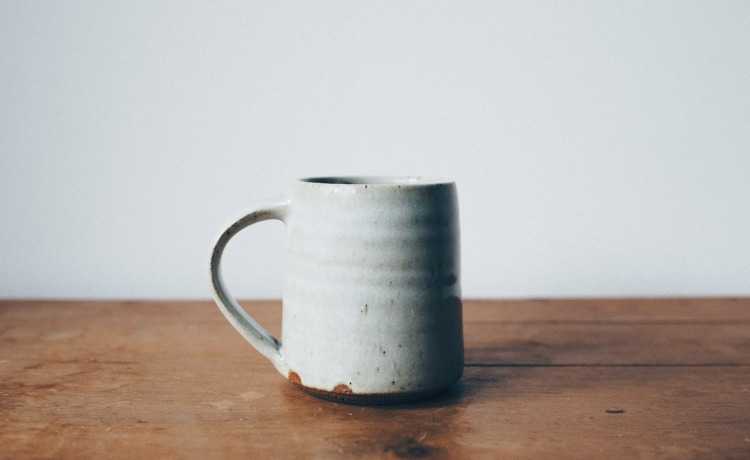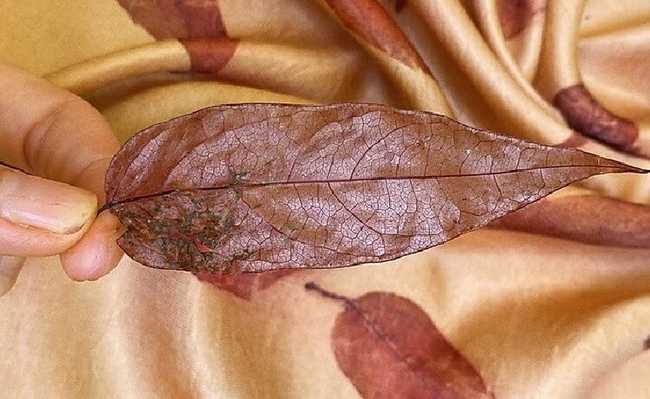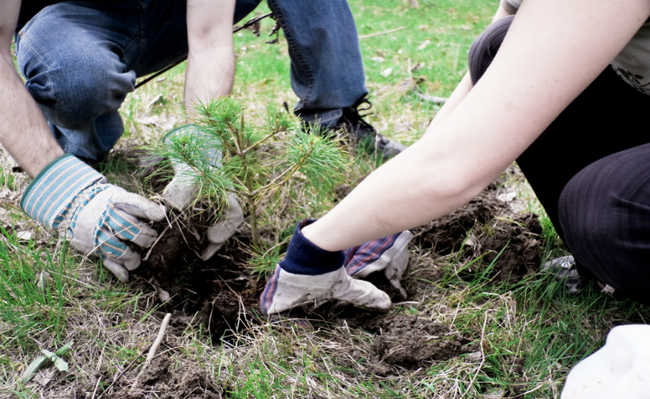Cold sores: treatment, symptoms and prevention
Cold sores are a highly contagious and incurable infection. Know how to prevent yourself

Edited and resized image by Maria Rantanen, available on Flickr and licensed under CC-BY 2.0
Cold sores are a contagious viral infection characterized by the appearance of small, painful blisters on the lips, mouth or gums. The problem is most often caused by herpes simplex virus type 1, but the main cause of genital herpes, herpes simplex virus type 2, can also cause cold sores.
Herpes has no cure - and be careful not to get confused when you say: the word "herpes" is male! Once the virus has installed itself in the body, it remains dormant and can return to various factors. Approximately 90% of the world's population has the herpes virus, but only 20% of those people develop the disease. The others remain with the virus “asleep” in their bodies for several years.
Cold sores symptoms
The initial symptoms appear within the first two weeks after contact with the virus and may occur before the blisters appear. The infected person may have sore throat, neck nodes, pain when swallowing, and fever for up to five days.
Cold sores can show signs that it will appear through mild itching, tingling and burning, which can occur two days before the appearance of the lesions. The latter are identified by small blisters, called vesicles, which are grouped together and cause redness and swelling in the affected region. In some cases, these vesicles become infected, causing pus and causing small wounds after they break.
A cold sore rash involves:
- Skin lesions or rashes on the lips, mouth and gums;
- Blisters in a raised, red, painful area;
- Bubbles that form and break, releasing fluid;
- Yellow scabs that peel off to reveal pink, healing skin;
- Several small bubbles that come together to form a bigger bubble.
In addition to infecting the lips, in the case of cold sores, some cases of herpes can affect other areas of the body such as the eyes, nose, thighs and buttocks - usually these are regions close to where the cold sores or genitals already occur. It is recommended to always look for a doctor when you feel the first symptoms, as there are cases where the disease progresses to a certain point where not even medications will have an effect on the sequelae, which may be irreparable.
A person who has cold sores can experience the onset of the disease several times a year, a frequency that is determined by factors such as the competence of the individual's immune system and the type of life they lead. Over time, recurrences tend to get weaker and more spaced out.
Cold sores prevention
Contamination occurs through contact between people through the contaminated patient's saliva, skin or lips. It can also happen with sharing objects, such as dishes, makeup, towels and other items that are infected, in case the individual is susceptible or has a predisposition to the disease.
When there are visible herpes lesions, the amount of virus in the oral cavity increases by about a thousand times, making transmission at this stage much more likely to occur. However, from time to time the virus appears in the saliva, keeping the patient contagious for a few days, even when there is no active herpes lesion. There is no vaccine against herpes, therefore, prevention must be based on situations that usually trigger crises, such as:
Avoid prolonged sun exposure and apply sunscreen on your lips
Exposure to ultraviolet rays is one of the factors that can contribute to the reactivation of cold sores, so applying sunscreen (or coconut oil) on your lips and face should be a daily habit if you suffer from this virus. The use of sunscreen seems to be more effective than ointments in preventing the recurrence of cold sores induced by sun exposure.
Do not stress yourself
In addition to the sun, factors such as stress, anxiety and poor quality of sleep can trigger new attacks, as herpes outbreaks usually happen when our immune system is low, making us more likely to develop some illnesses. Therefore, try to consume vitamins and nutrients in abundance to protect you.
Avoid processed foods
When consuming processed foods, observe in its composition if it has not been enriched with arginine. To avoid herpes, it is important to reduce or eliminate the consumption of foods that have this substance in excess, such as nuts, chocolate, coconut, cheese and wheat flour, as they provide an easier development of the virus. To reduce the frequency of herpes onset, consume foods rich in vitamin C, such as kiwi fruit and oranges (as they strengthen the immune system), and those that contain lysine, found in milk, peanuts, fish and peas. Lysine, in turn, is an amino acid that slows down the multiplication of the virus, making the wound appear less often.
Cold sores treatment
There are treatments for cold sores that use controlled remedies or natural remedies. If taken as soon as symptoms appear, they avoid the blisters and act quickly to alleviate the pain and damage that could otherwise be caused without proper herpes treatment. Below, check out some natural and homemade options that will help complete the treatment of wounds (remembering that none of them dispenses with clinical treatment accompanied by a doctor):
Garlic
Garlic is a food that can be used to treat different skin problems, as it has antibiotic, antimicrobial and anti-inflammatory properties, helping to dry and heal herpes wounds and preventing the emergence of infections. Just cut a tooth in half and pass it directly over the wounds or blisters, or even prepare a small paste to apply to the skin.
Lemon balm ointment
Homemade lemon balm ointment helps to relieve cold sores symptoms such as pain, redness, itching or burning, and to heal the herpes sore, as lemon balm is anti-inflammatory and soothing. Put 20 grams of lemon balm and 100 ml of mineral oil in a saucepan and leave it on low heat for about ten minutes. Strain when cool and rub the herpes sore at least three times a day, until the symptoms and herpes sore disappear.
Vaseline
Covering the wound with petroleum jelly helps with herpes healing, as well as protecting the wound from other infections and bacteria. It is recommended to apply a small amount of petroleum jelly to the wound and leave it to act overnight.
aloe vera
the gel of aloe vera It is ideal for soothing skin irritations, providing quick pain relief, and fighting bacteria that are irritating the wound, making it go away faster. To use it, just apply the gel directly on the lip lesion.
Propolis extract
To help herpes wounds heal, just apply three to four drops of propolis extract on the wounds, about three times a day. Propolis extract is an excellent natural remedy that helps in wound healing, having antiviral and regenerating properties that will shorten the duration of herpes and facilitate skin healing. Propolis extract can be easily purchased at pharmacies, drugstores or health food stores and should not be used by people with a history of propolis allergy.
teas
There are several teas on the market that have powerful antiviral properties for treating cold sores. The simplest solution to enjoy the benefits of tea is to drink it. Another way is to apply a warm, moist bag several times to the wound. For this, use teas such as sarsaparilla, black tea and marigold flowers.
Remember to consult a professional. Only he can indicate the best treatment according to the aggravation and type of your herpes. Make an appointment with your doctor, especially if you present:
- Symptoms of severe cold sores or that do not go away after two weeks;
- Sores near the eyes;
- Herpes symptoms and weakened immune system (immunosuppression) due to illnesses or certain medications.
If the virus comes back frequently, your doctor may suggest using medications on a constant basis or specific ointments that help with the healing process. If they don't require treatment, symptoms usually go away in one to two weeks. In addition, it is important to take other precautions during treatment:
Do not mess with cold sores
Keep your hands and nails away from the wound and never try to remove the crust that usually forms, as doing so makes it difficult and prolongs the healing of the wound. Also, because the sore is highly contagious, touching it and then scratching the eyes or other part of the body can cause new blisters to develop.
change your toothbrush
When the bubble forms, throw away your toothbrush (read more in How to Dispose of My Toothbrush) that came in contact with it and start using a new one. It's a perfect conduit for the virus, and could eventually cause a new episode of herpes elsewhere in the body - remember that its appearance isn't just restricted to the lips.










